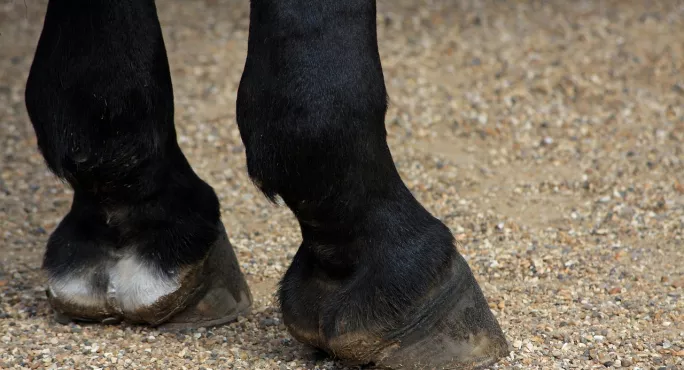Sometimes humans aren’t the best teachers; that’s why we use horses instead.
At Stable Relationships, we travel all over the country, using horses to teach emotional intelligence, literacy and numeracy in all types of schools, to all ages.
We can do so much with horses to aid learning; we play various games related to trust, teamwork and social skills. This term we’re focusing on Roald Dahl - leading horses to potion bottles and answering questions on The Witches, as well as reciting poems while in riding formation.
However, the real benefits of using horses go far beyond this.
Non-judgemental and calming
Horses are very engaging - they are big, have a certain smell, look dramatic, and make great noises when they move. They engage all the children’s senses, so those who find it hard to be in a more sterile indoor environment are likely to be involved when with a horse.
Horses are also totally present and non-judgmental, so young people who may struggle in school will not feel judged by the horses. If a young person can be present and calm, a horse is likely to want accept them and be with them. This can be a huge benefit - and revelation - for young people who struggle with other relationships in their life.
Horses are also highly receptive. This means that when young people calm down around them, the horses calm down, too. This allows the children to feel and experience the different states within themselves, and learn how to manage them.
Developing learning skills
One teacher expressed her surprise at how a looked-after child responded to the horses in a caring, gentle and empathetic way. She had never seen that child be kind to another person or creature before. Others teachers were shocked that their group of usually rowdy teenagers from an inner-city school could stand almost silent as they groomed the horses.
We have started to do a lot more work linking our horse sessions to the national curriculum, but horses have an amazing ability to help children and young people with the skills that they need to be good learners in the first place, like the ability to focus, to manage their emotions and to take responsibility for their own learning.
Equipped with these skills, young people really can achieve whatever they choose, within the education system and within their wider lives. But we need to make that clear to the children themselves - and sometimes that means looking beyond what the existing curriculum can offer.
Debbie Woolfe taught in special schools and pupil referral units for 10 years and then worked as a teacher adviser for a local authority before setting up Stable Relationships. Stable Relationships will be offering school and teacher training in January 2017. You can find out more about by visiting www.stable-relationships.com or following them on Twitter @StableRels
Want to keep up with the latest education news and opinion? Follow TES on Twitter and like TES on Facebook
